3 curses: aphids, slugs, cucumber beetles
loribee2
13 years ago
Related Stories
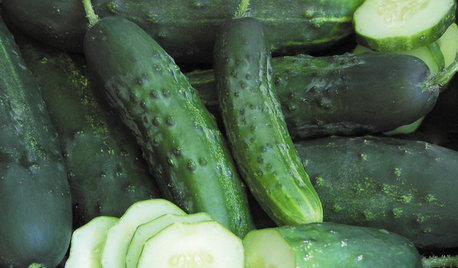
SUMMER FRUITS AND VEGETABLESSummer Crops: How to Grow Cucumbers
Pick a peck for pickles or opt for fewer and raw — no matter how you slice them, cucumbers are great for summer gardens small to large
Full Story
EDIBLE GARDENSGarden BFFs? Why Your Vegetables Are Begging for Companion Plants
Foster friendships among plants for protection from pests, pollination support and color camaraderie
Full Story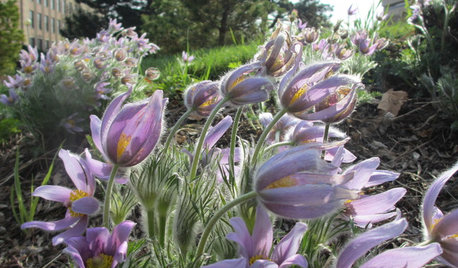
GARDENING GUIDES6 Plants That Beat Butterfly Bush for the Wildlife Draw
It's invasive, a nonnative and a poor insect magnet. Check out these better alternatives to butterfly bush in the garden
Full Story
GARDENING AND LANDSCAPINGBid Bad Garden Bugs Goodbye and Usher In the Good
Give ants their marching orders and send mosquitoes moseying, while creating a garden that draws pollinators and helpful eaters
Full Story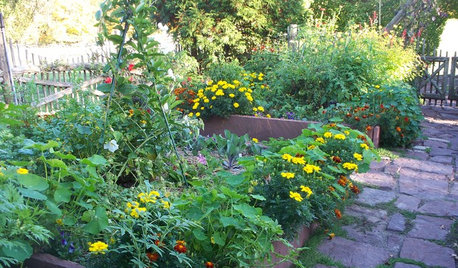
GARDENING GUIDESOrganic Matters: Thwart Insect Pests With Trap Crops
Add a few sacrificial plants to your garden to lure insects away from the harvest
Full Story
FARM YOUR YARDHow to Build a Raised Bed for Your Veggies and Plants
Whether you’re farming your parking strip or beautifying your backyard, a planting box you make yourself can come in mighty handy
Full Story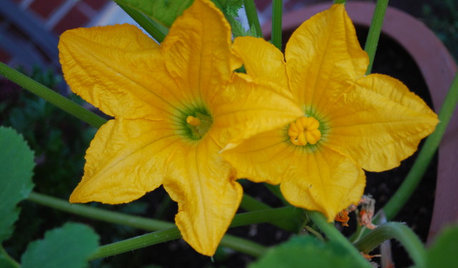
EDIBLE GARDENSSummer Crops: How to Grow Squash
Almost foolproof and with cheerful flowers, squash comes in a wide range of varieties to plant in spring
Full Story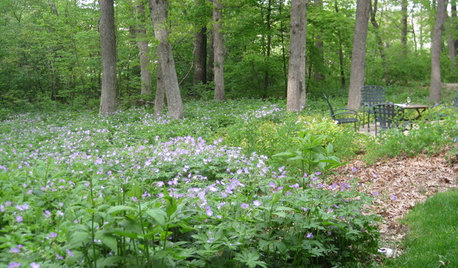
GARDENING GUIDESWe Bust 4 More Native Plant Myths
Have you been taken in by these fallacies about gardening with native plants?
Full Story
WINTER GARDENINGPruning Secrets for Exquisite Roses
Encourage gorgeous blooms year after year with this time-tested advice on how to prune your rosebush in winter for health and shape
Full Story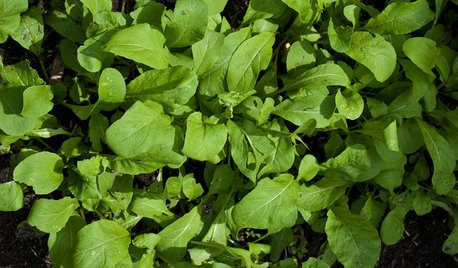
COOL-SEASON CROPSCool-Season Vegetables: How to Grow Salad Greens
From arugula to radicchio, greens have taken a top spot on the table and in fall and winter gardens. See how to start growing them now
Full StoryMore Discussions






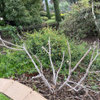

calistoga_al ca 15 usda 9
borderbarb
Related Professionals
Forest Acres Landscape Architects & Landscape Designers · Canton Landscape Contractors · Manchester Landscape Contractors · Caldwell Landscape Contractors · Cambridge Landscape Contractors · Clayton Landscape Contractors · Elkridge Landscape Contractors · Eureka Landscape Contractors · Louisville Landscape Contractors · Middleton Landscape Contractors · Winter Gardens Landscape Contractors · Mamaroneck Window Contractors · Northridge Window Contractors · Sayville Window Contractors · Sudbury Window Contractorsloribee2Original Author
hosenemesis
calistoga_al ca 15 usda 9
loribee2Original Author
jordanz
loribee2Original Author
jordanz